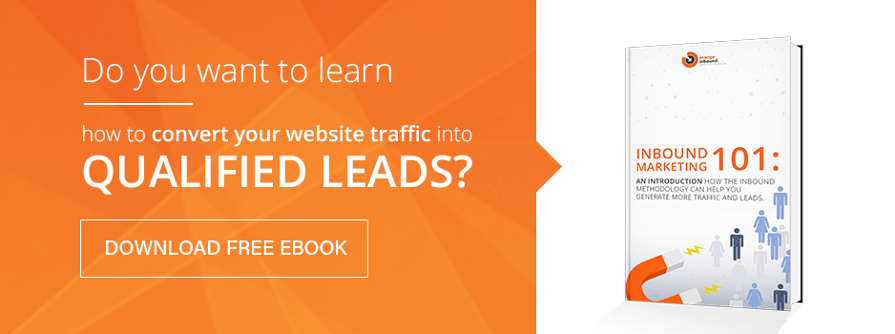Really, how much should you budget for inbound marketing? Actually, we're not asking; we already know the answer, and it's simpler than you think.
Budgeting, a word that strikes fear into the hearts of corporate financial advisers around the world. This is in part due to the amount of time they spend worrying about it. More likely, it's because of low "cost IQ."
How finance "smart" are the operating managers within your business? When asked, can they tell you where expense levels are in the company, and why they're at where they're at? Don't worry, most can't.
When it's time to decide where to allocate funds, have you considered your inbound marketing strategy? Companies spend hours debating over how much to spend in this area and often waste resources. Don't make a blind decision, instead, let us help you understand what an effective marketing strategy looks like.
Software
So many buy into an inbound marketing software program and assume they're finished. This is far from true. Marketing software only helps drive your message to an intended audience and track results throughout the process.
Without a carefully planned marketing strategy, from you, the "best" software money can buy isn't much use to you. Likewise, your strategy won't help without a method for delivering it. Once you've created a solid plan and chosen the right software platform, you've used only a small portion of your marketing budget.
SEO And Content
A website is only as good as the time and resources you put into it. If you hope to make money from digital marketing, you'll have to spend some in a few areas first. Consider allocating funds for:
- Content, such as blogging and copywriting. If you're not updating relevant content frequently your site won't show up among the first displayed on search engine result pages. Decide whether you have someone in-house capable of updating your website with fresh material, or if you'll have to outsource this task.
- SEO, or search engine optimization, helps boost pertinent traffic to your site. Even websites designed by field experts will fail if no one knows they exist. If you want to see a solid return on investment from your company's site, consider spending money on analytical marketing, like an SEO program.
- Social media sites are strong marketing tools. If you want your message seen, advertise where people are. Facebook alone has over 1,590 million active users. Considering how many potential clients are on social media sites each day, a plan that doesn't involve social lead generation and monitoring isn't an effective marketing plan.
- Business development, including following up on leads with emails or calls, is also essential to a successful strategy.
- Goal setting helps define success for your company. What do you want to achieve with your marketing strategy? How many leads do you want to generate and how will you track progress?
Costs
After understanding what's involved in a good marketing plan, the first question asked by budgeting teams is usually, "How much?" That's a bit harder to answer, as budgets vary from company to company, depending on size and industry. Here are a few rough estimates, though:
- 7% of your marketing budget to inbound marketing services if your company makes under $5 million in revenue, or
- 10% of your marketing budget to inbound marketing services if your company makes over $5 million in revenue.
We could keep going, but you get the idea. Again, these numbers are estimates only. Budgets are decided on a case-by-case basis.
In-house Vs. Outsourcing
Here is where you consider whether you have the staff and resources within your company to commit to your marketing strategy, or you'll have to seek help. Both options have their advantages and disadvantages. Consider this:
- On-staff marketers are usually a great asset to any company, and only have their company's marketing to worry about. In-house strategists typically provide more tailored, focused attention to their organization, but may lack in some areas of expertise. You also have to consider the amount of time and money you'll spend training your staff.
- An inbound marketing agency is great if you want to kick off your strategy immediately and effectively. Outsourcing provides access to professional companies and experts with the skills and resources required to ensure the success of your strategy.
Whether you decide to hire a marketing professional and pay his or her yearly salary, or you choose an inbound marketing agency, costs are relatively equal. The decision comes down to what's best for your company and how quickly you want to roll out your strategy

